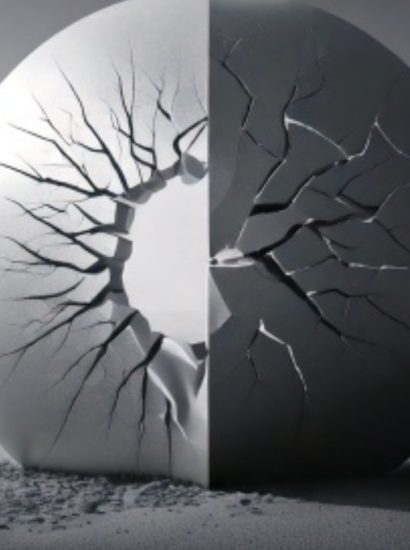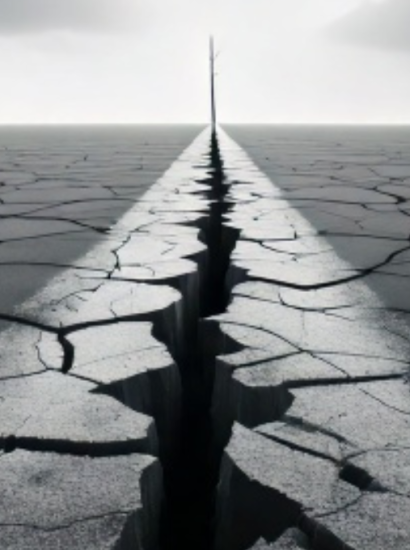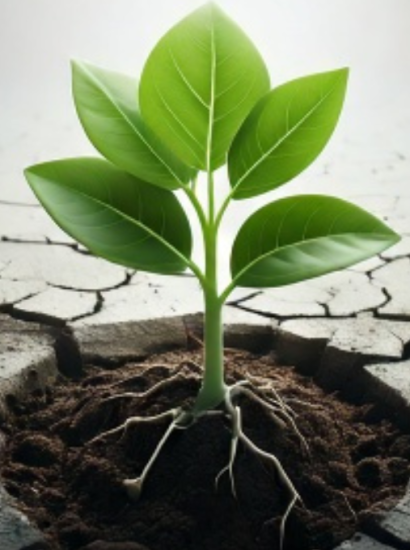This post is also available in: ΕΛΛΗΝΙΚΑ (GREEK) TÜRKÇE (TURKISH)
It lands with all its splendour on the swaying branch of the olive tree standing in the middle of the garden. It was chirping so meaningfully and deeply, it was impossible to miss. It was troubled.
Anger, despair and sadness had gripped its voice. It was almost like all its emotions had intertwined. The chirping tones it was making made no meaningful sense. It was obvious it was bewildered. It didn’t know what to do and how to do it.
I took a step closer to try and establish a little intimacy. It didn’t work. It was like its mind was trapped in a dark and endless well. It was obvious it had travelled from afar and was exhausted. The moment I looked into its eyes, my heart was torn. The painful sensation gripped my whole body. It was at that moment a single tear trickled down from its eye and it started to tell me its story.
It had witnessed indescribable destruction. Some described it as a natural disaster, others as murder. Huge buildings had crumbled like sandcastles, the bright days of the future crushed under the rubble.
Lives that were torn from their loved ones on the one hand, a greedy unsatisfiable system of profiteering, that craves for more and more on the other. Was it possible for the scales set this way to be fair? That is why it said: “This was no natural disaster, what was experienced was murder. We need to openly say it. And all those in charge from top to bottom are murderers.”
The murderer is the AKP [Justice and Development Party] government which issued a construction amnesty [Translator’s note: legislation allowing the registration and legalisation of nominally illegal constructions], which did not inspect the buildings under construction and which bred its capital every passing day by forming a “party state.” And before we forget, it is important not to fall for the pretentious tears of those who see themselves as presidents, who when addressing construction companies had said, “What decree? What master plan? We are behind you.” [Translator’s note: reference to an earlier speech by Ersin Tatar to developers in Trikomo] Should we expect those who endorse the destruction of our society, to defend the rights of our people?
It suddenly stopped, as if it wanted to take a breath. “Actually we are partly to blame as well,” it continued. “Many of us consent to surrendering our future for the sake of short-term gains. We keep quiet, telling ourselves that this too will pass. But it doesn’t. This silence turns around and takes lives of innocent living beings from among us. The sky comes falling on our heads, devastating us.” Of course, this has nothing to do with those who lost their loved ones on February 6 and the period afterwards. This is some sort of a general evaluation of mine.
It describes an environment, one that is no different from a war zone. Nazım Hikmet’s poem “Where have we come from, Where are we going?” comes to mind.
“…Don’t let negative pictures enter the darkness of the void, our unlived days vanish together with the hands of the children…”
I cannot stand this emptiness; I continue to mumble the rest of the poem despite the darkness and everything else.
“I call on you human beings:
On behalf of books and trees and fish.
Of the grain of wheat, of rice and of sun-drenched streets,
Of grape-black hair, wheat-blonde hair and for children.
Our days wait for their turn in the hands of children
Our days are seeds in the hands of children, in the hands of children they will go green…”
The sparrow is embarrassed because it feels weak. “Young children, bright people were lost and we couldn’t do anything,” it says. It says that almost everyone feels exhausted and finds it humiliating to say, “I’m fine”. The question in everyone’s mind is: “What should we do?”
We should hold people accountable, we should take legal action even if it is difficult and we must ensure that those responsible for this never-ending pain pay a price. Impunity prevents the completion of the mourning process and also increases pain. We cannot allow this, we shouldn’t allow this…






